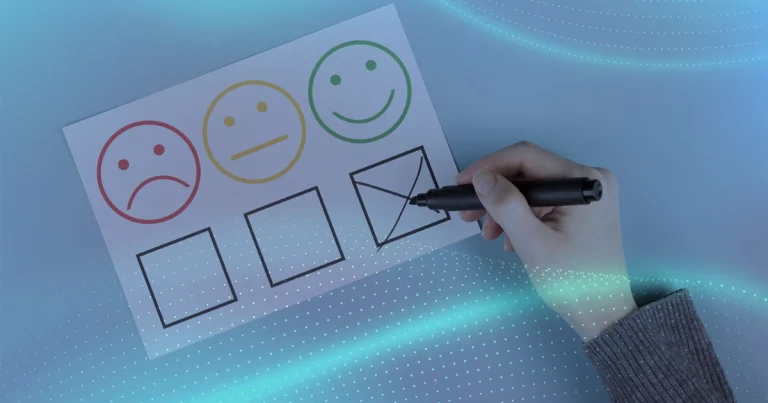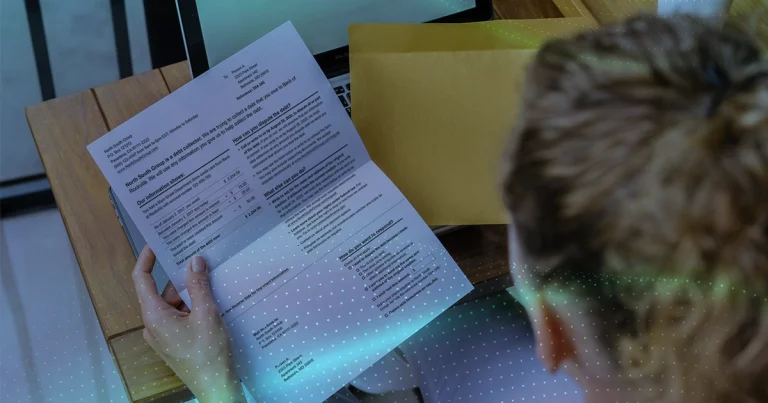Collection agencies in the US
Collection agencies in the US offer professional debt recovery solutions that protect client relationships and ensure legal and efficient collections.
¿What are Collection Agencies in the US?
Collection agencies in the US are specialized companies that assist businesses in recovering unpaid debts. They act as intermediaries between the creditor and the debtor, using legal and strategic methods to collect overdue accounts. These agencies are essential for companies that lack the internal resources or time to follow up on delinquent accounts. By outsourcing this process, businesses can focus on growth and operations while experts handle the complex task of collections.
These agencies play a crucial role in preserving customer relationships while securing overdue payments. They operate under strict legal frameworks and apply ethical practices to minimize conflicts. With the support of Fig-Out, businesses can rely on proven strategies and expert negotiation to recover debts effectively and professionally.
What services do collection agencies offer in the US?
Collection agencies provide a wide range of services designed to streamline the debt recovery process. These include skip tracing (locating hard-to-find debtors), legal collections, debt validation, settlement negotiations, and sending official demand letters. Some also offer credit reporting services and litigation support, depending on the complexity and value of the debt.
In collaboration with Fig-Out, companies can access customized recovery strategies, continuous reporting dashboards, and multilingual customer support, ensuring that every collection effort aligns with business objectives and brand image. These services are designed to improve cash flow without damaging the client-customer relationship.
What is the legal process followed by collection agencies to recover debts?
Collection agencies must comply with the Fair Debt Collection Practices Act (FDCPA), which governs how they can communicate with debtors and what practices are permissible. Typically, the process starts with a demand letter, followed by phone contact, and if necessary, legal proceedings. Agencies may file lawsuits or work with attorneys to obtain judgments, which could lead to wage garnishments or asset seizures.
When working with Fig-Out, businesses benefit from strict legal compliance and a clear recovery process that reduces risk. Fig-Out ensures transparency and documentation at each step, maintaining the company’s reputation while pursuing outstanding balances.
How do collection agencies select the cases they will handle?
Agencies assess potential cases based on the age of the debt, the amount owed, the debtor’s location, and past collection attempts. High-value and recent debts are often prioritized due to a higher likelihood of recovery. Agencies also consider whether the debt is consumer or commercial, as each has different legal implications.
Fig-Out helps clients evaluate portfolios and prioritize accounts strategically. Their team provides a diagnostic analysis to determine which debts offer the highest recovery probability, ensuring optimal use of resources and quicker results.
What regulations must collection agencies follow under the FDCPA?
The FDCPA establishes clear rules for consumer debt collection. It prohibits harassment, false statements, and contact at inconvenient times. Agencies must identify themselves, state the reason for contact, and offer verification of the debt. Violating these rules can result in lawsuits and penalties.
With Fig-Out, clients are assured of full regulatory compliance. The agency trains its staff regularly on FDCPA guidelines and monitors all communication to avoid legal pitfalls. This approach protects both the creditor and debtor from unnecessary disputes.
What types of debt are most commonly handled by collection agencies?
The most common types of debt include credit card balances, medical bills, utility arrears, commercial invoices, and personal loans. Agencies may specialize in either consumer or business debt, and some handle niche segments like student loans or auto deficiencies.
Fig-Out provides expert recovery across diverse industries and debt types. Their team customizes approaches based on the nature of the debt, the debtor profile, and the stage of delinquency, increasing the likelihood of successful recovery.
How do collection agencies charge: commission or fixed fee?
Collection agencies typically work on a contingency fee basis, meaning they earn a percentage of the amount collected. This model aligns incentives between agency and client. Some may offer fixed-fee services for early-stage debts or bulk account placements.
Fig-Out provides flexible pricing options tailored to business needs. Whether it’s commission-based or a hybrid model, clients benefit from transparent pricing with no hidden fees, ensuring financial predictability.
What are the differences between first-party and third-party collection agencies?
First-party agencies act on behalf of the creditor and often represent themselves as part of the company. Third-party agencies operate independently and are usually brought in after internal collection efforts have failed. The latter may use more formal strategies and legal processes.
Fig-Out offers both first- and third-party collection services depending on the client’s preference and the debt stage. This flexibility allows companies to choose the most appropriate strategy for their portfolio.
How do collection agencies protect debtor data and privacy?
Agencies are bound by data protection laws like the Gramm-Leach-Bliley Act and must implement strong cybersecurity measures. This includes secure databases, encryption, access controls, and strict data handling protocols.
Fig-Out invests heavily in data security infrastructure and staff training. Clients can trust that debtor information is handled with the highest level of confidentiality and compliance, protecting both the business and its customers.
How effective are collection agencies compared to internal departments?
External agencies often achieve higher recovery rates due to specialized tools, trained personnel, and legal resources. They can also pursue debts more persistently and across broader geographies. Internal teams may lack these capabilities or be stretched across other priorities.
With Fig-Out, businesses gain access to a dedicated team focused solely on recovery. This results in faster collections, fewer write-offs, and improved cash flow — all while maintaining customer goodwill.
What should you consider when hiring a collection agency in the US?
Key factors include compliance history, success rate, communication style, industry experience, and pricing model. References, online reviews, and technology platforms are also important when making a decision.
Fig-Out stands out with its robust track record, personalized service, and commitment to ethical recovery. Their consultative approach ensures that each client receives a strategy tailored to their specific business goals.



